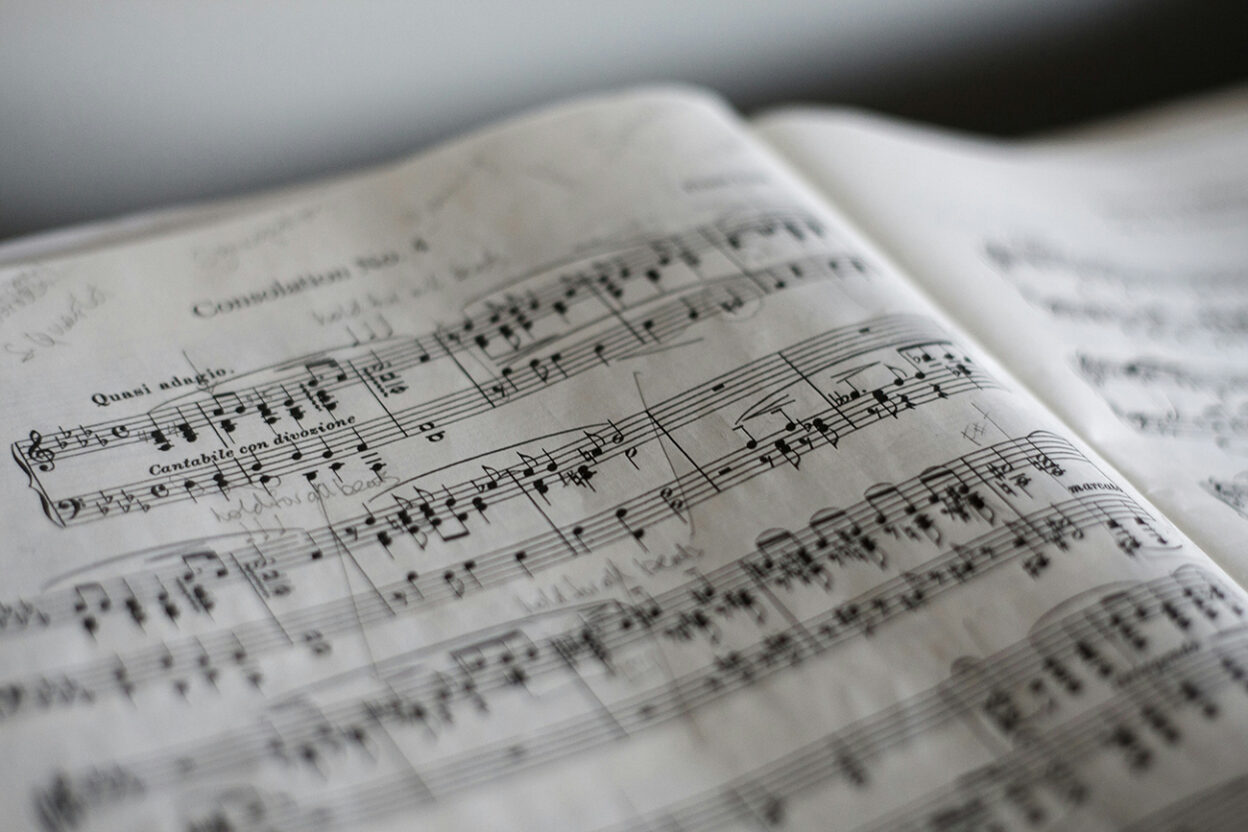There’s so much more to music than just something pleasant to listen to while you’re doing chores or working. It can add life and pizzazz across different mediums, telling a story and creating depth through notes and lyrics.
However, this tends to be an often underappreciated benefit, which many of us don’t even notice. As such, today we’ll be taking a look at its impact, and how it improves our enjoyment of various mediums.
Music in Games
A major benefit of music is that it can enhance immersivity. This can be a crucial factor for the gaming industry, which relies on several aspects to blur the line between what’s virtual and what’s real.
For instance, we can take a look at a traditional industry that has gone digital, such as casinos. Nowadays, fans of the genre can opt to play online 24/7 using their PCs, tablets, and smartphones.
Here they can access a variety of options such as the fan-favorite table roulette game. But just providing hyper-realistic graphics on their roulette games isn’t quite enough.
Since these games are typically in high-energy locales, the sounds chosen can elevate the online gaming experience. To emulate this, you’ll typically hear the sound of the wheel spinning along with a more upbeat soundtrack playing in the background.
For those who haven’t played such games before, you might not quite understand what we mean. As such, we’d suggest testing this out yourself through the Practice Mode available on all of the regular roulette games
This will allow you to try out the game without first making a deposit. First, try playing the game without any sound, and then compare it to playing with sound.
You’ll instantly notice that there is quite a stark difference in how you feel whilst playing. This is especially noticeable to players who prefer live roulette, where users get to play with a human roulette dealer live, due to the available audio and video feeds.
And if you check different variants of the game, you’ll also notice they use different background music. Some may even forego music completely and instead offer a more realistic experience with the sounds of stacking chips like in Classic American Roulette. Others, like Virtual Burning Roulette, will add the voice of a croupier and flames burning – enhancing the gameplay in a completely different way.
This is, of course, just one example of one single genre. The same can be said about other genres, such as pairing more mellow tracks with cozy games like Stardew Valley or Fields of Mistria.
Music in Movies and TV
We’ll follow this with the role of music when it comes to narratives. This is most typically showcased in movies, where the show-don’t-tell aspect can be more important in specific scenes.
Music can set the tone easily, or even foreshadow a certain upcoming event. As an example, an eerie tune can tell a viewer to expect something frightening to happen shortly, or it can add intensity to a scary moment.
Other than that, forming an emotional connection can be quite difficult but vital when it comes to lasting impressions. Especially, when it’s related to something not palpable yet long-lasting such as TV shows.
This is where music can come into play, think of the iconic theme songs of shows like Friends or even Top Boy on Netflix. A signature tune can quickly transport the viewer to a familiar world, improving their moods significantly.
That positive form of association can build on any fondness a viewer may have towards what they’re watching. This can, in turn, ensure that they continue watching even if at times the episode may not be quite as interesting.
Taking a Deeper Look Into Music
So, as we can see with all of the above, music plays an important role across every medium. From enhancing immersivity to adding to the narrative, it seems that there’s nothing that it can’t do.
However, this isn’t mere speculation. Studies show that it can light up almost all parts of our brain, confirming that it can elicit both emotional and physical responses.
And there’s a reason why they say that music is a universal language. Across all cultures and countries, we can see how people lean towards music to express a plethora of emotions, from joy to sadness.
We celebrate with upbeat tunes at a party and find solace in slower ones. This is one thing that universally connects all of humanity.
There are also theories out there that suggest we had music long before we had actual languages. Currently, the oldest instrument ever found is a Neanderthal flute, which dates at least 50,000 years.
Moreover, through different developmental studies, we can see that music also has an impact on fetuses. Alas, we don’t know yet for sure what came first, music or language.
Conclusion
This concludes our deep dive into the importance of music and its role in various mediums. Ultimately, the relationship we have with music is far from superficial, as it is intrinsically tied to our development.


Be the first to comment